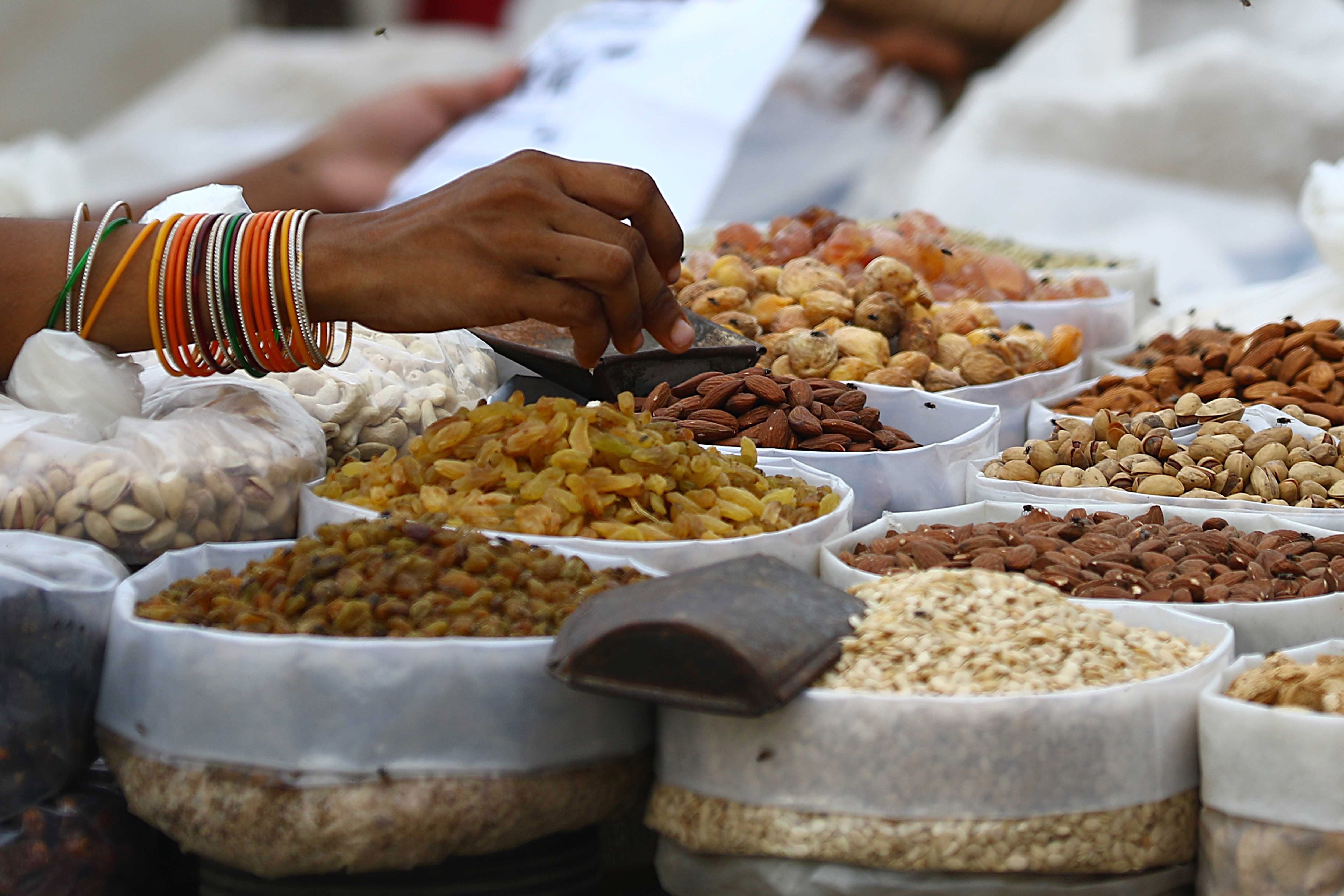
According to the World Health Organization (WHO), nearly 18 million people die each year from cardiovascular disease. In the United States, a person dies from this disease every 36 seconds, as detailed by the U.S. Centers for Disease Control and Prevention. UU.
Now a study published in the Journal of the American Heart Association showed that eating at least two servings of avocado or avocado a week reduces the risk of having a heart attack by 21%, in compared to avoiding eating it or doing it infrequently. However, they did not find an equivalent benefit in reducing the risk of stroke. “The proportion is equivalent to half a cup or half an avocado,” explained Lorena Pacheco, author of the study and postdoctoral researcher in the nutrition department at Harvard T.H. Chan School of Public Health, in Boston.
The study was conducted with more than 68,000 women and 41,000 men enrolled in two long-term government studies on risk factors for chronic diseases: the Nurses' Health Study and the Health Professionals Follow-up Study. All participants were free of cancer, coronary heart disease and stroke at the start of the studies and completed dietary questionnaires every four years for a period of 30 years.
To prevent heart disease, the American National Library of Medicine recommends eating a healthy diet with less sugar, processed foods and saturated fats, and keeping blood pressure and cholesterol low.

On the other hand, the American Heart Association states that “the body needs fat to increase energy, protect organs, produce hormones and help the absorption of nutrients.” Monounsaturated and polyunsaturated fats are the healthiest choices for the heart. They are found in olive oil, canola oil, peanut oil, safflower oil, and sesame oil, along with avocado, peanut butter, and various nuts and seeds.
According to the AHA, saturated fat and trans fat increase levels of bad cholesterol. Saturated fats, such as lard, are usually solid at room temperature and are found in whole dairy products, eggs, coconut and palm oils, and fatty cuts of beef, pork, and poultry with skin.
Artificially manufactured trans fats also increase bad cholesterol and lower good cholesterol, which can increase the risk of heart disease, stroke, and type 2 diabetes. It is often found in fried foods and other products such as pie crust, cookies, frozen pizzas, margarine, and spreads.
“The consumption of healthy fats is essential to maintain our cardiovascular health,” the nutrition graduate Julieta Pomerantz emphasized to Infobae - mainly, the contribution of polyunsaturated fats such as omega 3 and monounsaturated fats such as omega 9, contribute to improving our cholesterol profile and triglycerides”.
In addition, the specialist indicated that “avocado is an excellent food, with a high content of monounsaturated fats, like olive oil, it contains a lot of potassium and fiber, which also helps to regulate our glycemia. It provides satiety, which helps us to regulate the rest of the day's intakes. Avocado should be part of every healthy eating plan.”

With regard to the aforementioned study, the researchers also found that consuming half an avocado a day to replace the same amount of yogurt, eggs, cheese, butter or processed meats, reduced the risk of suffering a heart attack by between 16% and 22%
“The benefits of everyday avocado consumption derive from the introduction of this food into the diet and the exclusion of those less healthy foods,” said Dr. David Katz, specialist in Preventive Medicine and Lifestyle and Nutrition, who did not participate in the study.
On the other hand, the study did not detect a difference in the reduction of cardiovascular risk when half a portion of avocado was replaced by an equivalent of nuts, olive oil or other vegetable oils. According to Katz, “this makes sense because the health benefits depend on the food being replaced.”
“Avocado, or avocado, is a source of fiber,” Diego Sivori, nutritionist and director of UADE's nutrition career, told Infobae. Everything related to and linked to fiber is preventive at the cardiovascular level. First, because it feeds everything that has to do with intestinal immunity and that contributes to prevention. And on the other hand, because it carries harmful substances, it generates drag that fiber.”

He added: “On the other hand, it has a healthy fat profile, the best known are the monounsaturated fat profile, it is that oil that is similar to what is in olive oil, in olives, and that is a fat closely related to the link of cholesterol lowering and a better blood fat profile than collaborates in cardiovascular prevention. It would be the omega 9 oil or monounsaturated fats of avocado”
If the replacement were between avocado and walnuts or almonds, foods that have similar nutritional properties, the differences would be negligible. But if silver were replaced by butter, margarine, processed meats or cheese, it replaced butter and margarine spreads, or eaten instead of meats, “the nutritional differences would be considerable and would be expected to change the health outcome,” said Katz, who is also president and founder of True Health Initiative. a non-profit organization of experts dedicated to evidence-based lifestyle medicine.
Since avocado is a food that is usually expensive, the specialist suggests similar substitutes such as walnuts, almonds, olives, olive oil and a variety of seeds such as pumpkin and flax. Other foods to include that have a great health benefit and low cost are beans, chickpeas and lentils, and added as an option “whole grains and quinoa”.
“This study is proof that avocado has health benefits,” said Cheryl Anderson, president of the Council on Epidemiology and Prevention of the American Heart Association (AHA), professor and dean of the Herbert Wertheim School of Public Health and Human Longevity Sciences of the United States University of California at San Diego, who did not participate in the study - we desperately need strategies to improve the intake of healthy diets recommended by the AHA, such as the Mediterranean diet, which is rich in vegetables and fruits.”
KEEP READING
Últimas Noticias
Debanhi Escobar: they secured the motel where she was found lifeless in a cistern

The oldest person in the world died at the age of 119

Macabre find in CDMX: they left a body bagged and tied in a taxi
The eagles of America will face Manchester City in a duel of legends. Here are the details

Why is it good to bring dogs out to know the world when they are puppies




